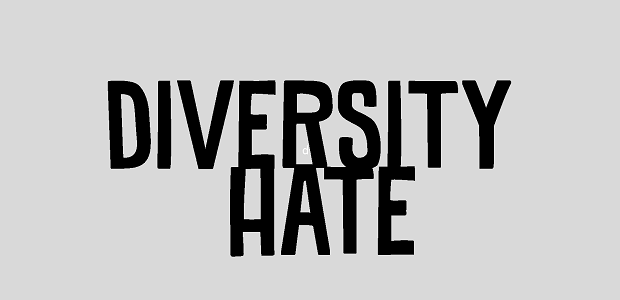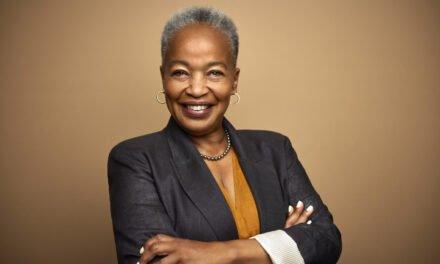
This spring, I will be re-entering the classroom for the first time in years, and for the very first time, as an instructor. I have worked in higher education for about five years now, but solely as a staff member in career services. Now, I will be teaching a job and internship search course.
I approach bridging the gap between staff and faculty identities with lots of excitement, but also trepidation. I taught for years as a volunteer ESL instructor in a deeply unstructured, ungraded classroom where my students became a small community of mutual support for one another. I’ve learned lots from academic Twitter over the years about power dynamics in the classroom, equity in assessments of both students and instructors, and the impact of the pandemic on the student experience. How do I bring all of these together into the highly structured, less autonomous, graded space of a college course?
The main answer I’ve found is to approach this process by trusting my students. As I prepare my syllabus and craft assignments and policies, I hope to use this principle as my guiding light.
When creating inclusive guidelines and training for student employees in my current staff role, I have received pushback like, “We have to prepare them for the real world.” This feedback always frustrates me because, based on my work with students and my experience as a former student myself: We know! They know! The real world does not need help teaching its awful lessons to students and young professionals. The devil does not need an advocate. This is especially true for BIPOC students, disabled students, and students with caregiving responsibilities. They know.
Even when students are not familiar yet with problematic aspects of professionalism norms, we can teach about those norms without replicating them in our own systems. We can show our students the structures they’ll need to navigate and how to get through them. We can do better and equip our students to dream of and work for better.
I see and hear similar messages now about the classroom. We assume needs for punitive attendance policies, hard deadlines, and participation grades based on surveillance because the students need to be prepared for “the real world.”
As a professional focusing on workplace inclusion and systemic equity, though, I see the lie there. My students may go on to workplaces that dock their performance reviews for taking sick or vacation time. They may go on to workplaces that have no flexibility on any deadlines. They may go on to workplaces that surveil their every moment and require them to show up and interact in normative ways to get ahead. But those are not good workplaces!
Instead, I hope my students go on to workplaces that respect their legal right to paid time off without retaliation. I hope they go on to workplaces that make clear which deadlines are nonnegotiable and which can be adjusted. I hope they go on to workplaces that trust them to complete their work and build workplace relationships in the ways that work best for them as individual humans, not cogs.
As with my career programming, I will structure my class to teach about different workplaces, but not to blindly replicate the worst of the work world in the name of “educating” my students. I know students — and was a student — whose chronic health issues, disabilities, financial needs, or family responsibilities make it incredibly hard to show up every week at the same time. I have now grown into a professional who has been lucky enough to have a few workplaces that trusted me with the flexibility to work remotely, adjust my schedule, and take paid time off when I need to, all while performing at a high level. I’ve also grown into a professional with the skills to advocate for myself in the workplace when I need to: to ask which deadlines can be extended and to ask for time off without apologizing.
I want my students to have that same workplace experience of trust and human thriving. And when they don’t, I want them to have the skills to advocate for themselves and carve out a little space for getting through. What I don’t want is for them to learn “the real world” from me and internalize despair regarding anything better.


















